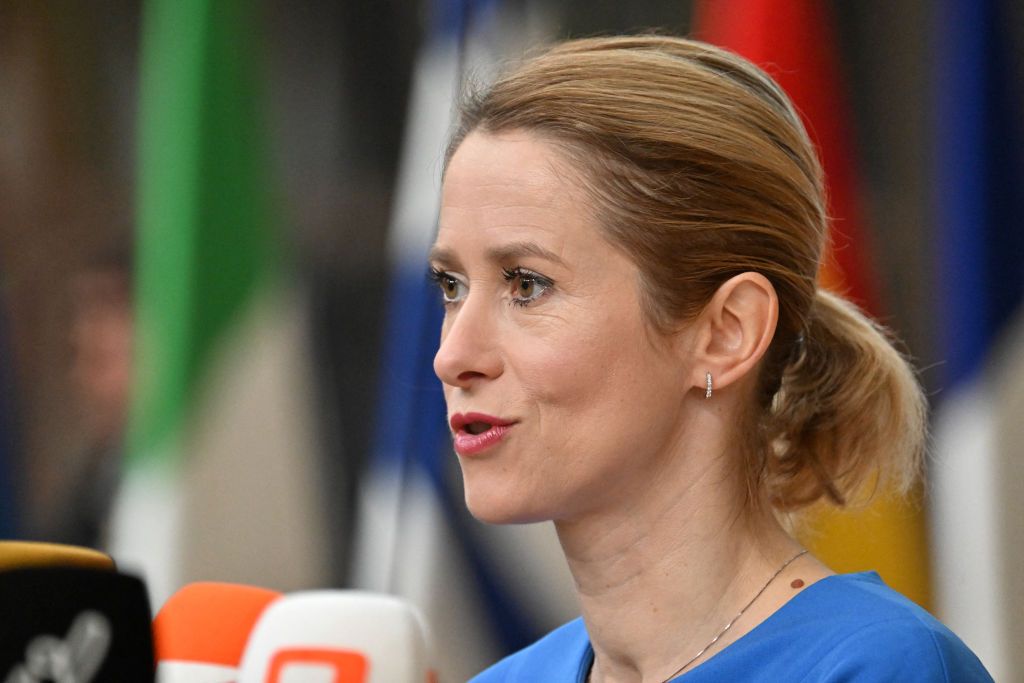Russian interference in Western countries has become a growing concern, with Estonian Prime Minister Kaja Kallas warning of a “shadow war” being waged by Russia. She emphasized the need for a coordinated response from the West to counter this threat, citing incidents of sabotage and arrest of suspected spies across the EU. Kallas called for a serious discussion on how far Russian activities should be allowed to go on Western soil, stressing the importance of recognizing these events as interconnected and sharing information among European allies. She also highlighted Russia’s use of spies posing as diplomats to sow fear in Europe and hinder support for Ukraine.
In response to the escalating Russian threat, Estonia has been proactive in its support for Ukraine, both militarily and politically. The country has been a leading military donor to Ukraine in terms of share of GDP since the outbreak of the war in 2022. Furthermore, Estonian politicians, including Kallas, have been vocal about the danger posed by Russia to European security. The call for a coordinated approach to countering Russian interference reflects Estonia’s commitment to confronting this challenge and standing in solidarity with Ukraine.
The issue of Russian interference was further highlighted by incidents such as the ongoing jamming of GPS signals on commercial flights across the Baltics region. Lithuania’s Foreign Minister Gabrielius Landsbergis warned that this GPS jamming was too dangerous to ignore. Kallas emphasized the need to make such incidents public and share information among European allies to address the evolving tactics of Russian security services. The aim is to build a united front against Russian aggression and protect the security and stability of European nations.
NATO’s largest cyber defense exercise, Locked Shields, took place in Estonia, drawing participants from over 40 countries, including Ukraine. The exercise aimed to enhance international cooperation in cyber defense and strengthen the capabilities of NATO allies to counter cyber threats. The participation of Ukraine in the exercise reflects the country’s vulnerability to cyber attacks and the importance of building resilience against such threats. As cyber warfare becomes an increasingly significant aspect of modern conflicts, exercises like Locked Shields are crucial for preparing nations to defend against cyber attacks and protect their national security.
The growing recognition of the interconnected nature of Russian interference in Western countries underscores the need for a unified response to address this threat. By sharing information, coordinating efforts, and making these incidents public, European nations can strengthen their defenses against Russian aggression and support Ukraine in its struggle for sovereignty. The commitment of countries like Estonia to standing up to Russian threats demonstrates the importance of solidarity and cooperation in defending democratic values and preserving peace and security in the region.
In conclusion, the shadow war being waged by Russia on the West presents a serious challenge that requires a coordinated and united response from European nations. By recognizing the interconnected nature of Russian interference, sharing information, and standing in solidarity with Ukraine, countries like Estonia are taking proactive steps to confront this threat. Events such as the NATO cyber defense exercise in Estonia highlight the importance of enhancing international cooperation and building resilience against cyber threats. Through collective action and a commitment to defending democratic values, European nations can effectively counter Russian aggression and safeguard the security and stability of the region.


